On Loss and Death in Service
BY CAROLINE FENTON | March 14, 2019
“I don’t know what to do. I’m afraid that I’ll be next.”
A student spoke solemnly to me. Over winter break, the community in Ashland, Montana had experienced the abrupt death of two teenagers. The very first night we returned back from break to the St. Labre Dorm, my students began expressing their grief, their frustration, and their fear. Their expressions revealed an undercurrent of my service experience I had never expected before beginning my Jesuit Volunteer (JV) year—the unexpectedness and weight of death.
In discerning the types of service I might want to do, I was drawn to serving the students at St. Labre Indian School. In college, I had been passionate about education equity, and I saw myself continuing that passion as I served the academic and emotional needs of Native American students dorming at St. Labre. The picture I created for my service over the months between accepting my placement and actually beginning to serve was idealistic and incomplete. I had imagined myself assisting with schoolwork while also developing strong interpersonal relationships with my students, pictures filled with laughter, and a growing understanding of academic challenges. That picture I had created was not wrong, but it did not include an element that has become a recurring and powerful part of my service – dealing with death.
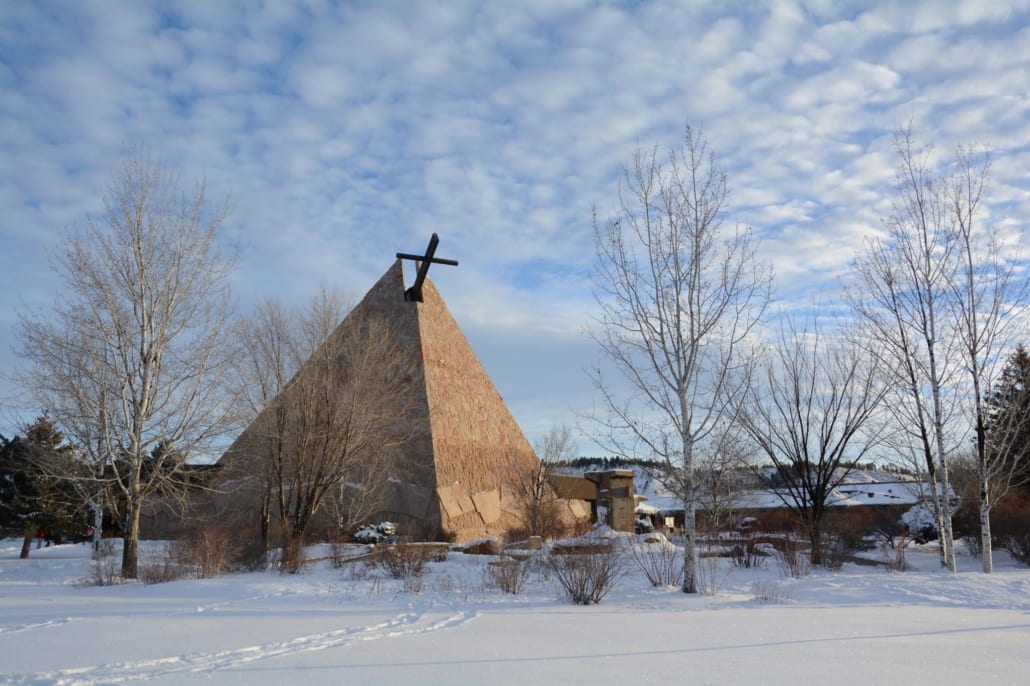
St. Labre Indian School via Facebook
Death has a visceral and constant presence in the lives of my students. According to Indian Health Services, Native Americans have a shorter life expectancy than all other U.S. races. Indigenous women are even more likely to experience violence or death, and though data is limited by inequitable procedures and investigations, the rate of murder among indigenous women spikes to ten times the national average on some reservations.
As a JV, I have found my students living and questioning amidst this data. I have seen death ripping through families and communities, how each death impacts each life. A student who had been struggling academically and behaviorally for weeks revealed to me she’d been dealing with the death of a family member that occurred before school had started.
It’s hard enough to process one death, but death visits here far more frequently. Students are almost constantly forced to face the mortality of not just elders, but, with shocking regularity, those much younger, even their own peers. At a small school, the weight of all this grief is tremendous and bears on each student differently. Service for me has come to include accompanying my students in their pain as they begin or continue to process death in their lives.
Very often I don’t know how to process a death in the community myself. The most pressing and difficult issues affecting Indigenous people play out constantly in the lives of my students. Such difficulty and the frequency with which it happens has forced me to constantly ask myself in the wake of tragedy, and especially in the midst of it, how we can be present to each other.
With my students, I try to give them the space to honor the memory of their loved ones. I strive with every action to show my students they are not alone—it’s not just me or a friend or their family walking with them, but those who have passed, too. Our loved ones walk with us each day as we carry their memory, and when we invite others into our grief and into the carrying of that memory, we allow all their lives to continue on through our own.
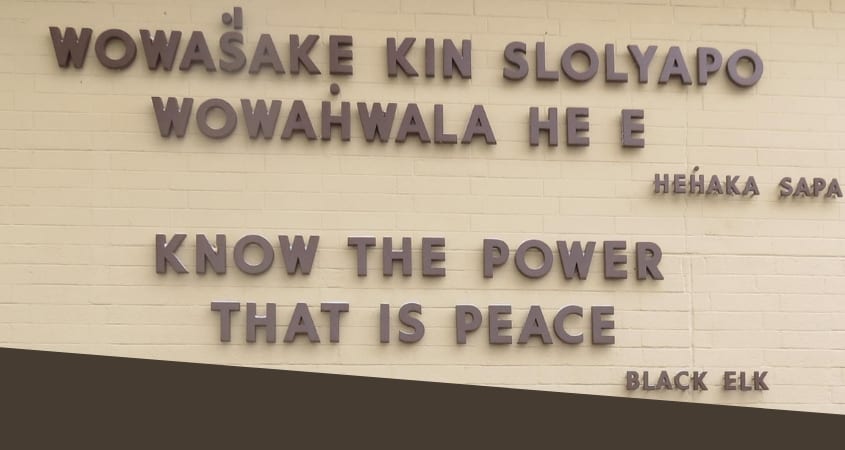
More than anything, I want my students to know peace. Becoming a Jesuit Volunteer has allowed me to transform my definition of peace to include action. Serving in solidarity with my students means using my presence in their lives and communities to accompany each student in whatever way they might need in order to foster a sense of peace. It is not enough for my students, or for any of us, to hope or have faith that things will get better, because without action, it won’t. May we all continue to carry the memories of those we love as we walk to meet each other in action, solidarity, and peace.
#JVReflects explores the intersection of faith and justice from the perspective of JESUIT VOLUNTEERS serving as long-term volunteers both domestically and internationally with Jesuit Volunteer Corps and Jesuit Volunteer Corps Northwest. Reflections specifically focus on the cornerstone values of the Jesuit volunteer experience: spirituality, simple living, community, and social justice. JVC Northwest is currently accepting applications for the ‘19-20 service year. Start your JV journey here today!
Caroline Fenton is a 2018-2019 member of Jesuit Volunteer Corps Northwest. She is serving as the dormitory mentor at St. Labre Indian School in Ashland, Montana. She graduated from Loyola University New Orleans and is from Wantagh, New York.

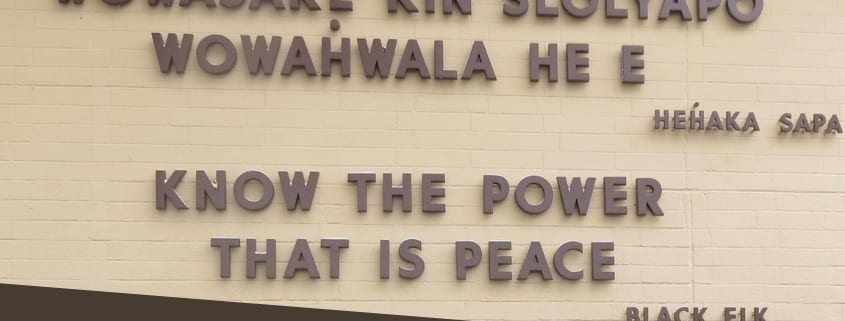
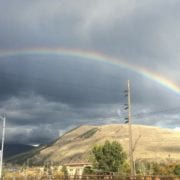


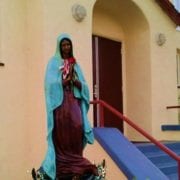
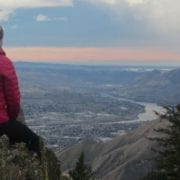


Nice report. Indeed peace grows through action.
Hi Caroline. I was moved by your report.
I taught science at Labre HS from ’78-’83 and lived with 8 other JVC volunteers the first year.
We suffered through many student & alum deaths in those years.
Contact me or my wife Sylvia Trudelle if you want to discuss.
Peace,
Paul Trudelle JVC Ashland ’78-’79